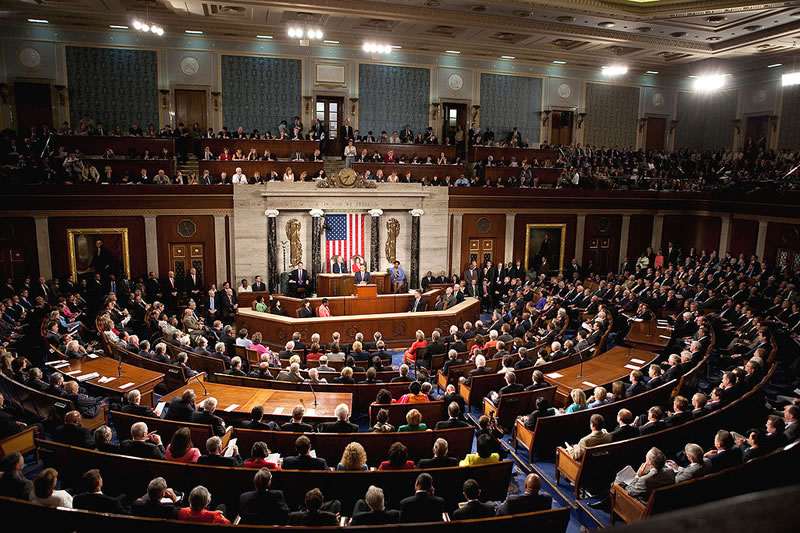House Republicans Just Voted to Change Obamacare For the Worse
By Peter Suderman | Reason

Yesterday afternoon, the newly Republican controlled House took its first shot against Obamacare.
In a 252 to 172 vote, the House voted down the health law’s 30-hour workweek, which as part of the employer mandate requires businesses with 50 or more workers to provide coverage to employees who work at least that many hours in a week. In its place, the House adopted a 40-hour week.
For many Republicans in Congress, the vote was seen a way of easing the pain the 30-hour rule has caused on workers and employers. Many employers were adamantly against the provision, saying the requirement adds a significant benefit expense; workers say their hours have been cut or capped in order to keep them under the 30-hour threshold.
The requirement is widely disliked. Most legislators on the Hill, from both parties, have heard from constituents about problems related to the rule. There was hope that, as a result, the bill might garner significant Democratic support. In the end, it picked up just 12 Democratic votes.
Beyond mitigating the damage done by the provision, Republicans understand the change as illustrative of their new approach to Obamacare. It’s intended as a way to show that the GOP can fix the health care law, making small changes to improve the way it works in addition to the radical opposition the party has demonstrated for the last several years.
The problem is that, far from being a practical improvement, the change the Republicans have chosen makes the health law worse.
For one thing, it would make it more expensive. By rewriting the rules so that businesses no longer have to cover individuals working between 30 and 40 hours a week, the change would shift roughly a million people off of employer coverage. About half would then end up enrolled in coverage either through Medicaid or Obamacare’s subsidized exchanges. The public, in other words, would be picking up the tab. According to the Congressional Budget Office, the change would increase the deficit by about $53 billion by 2025.
